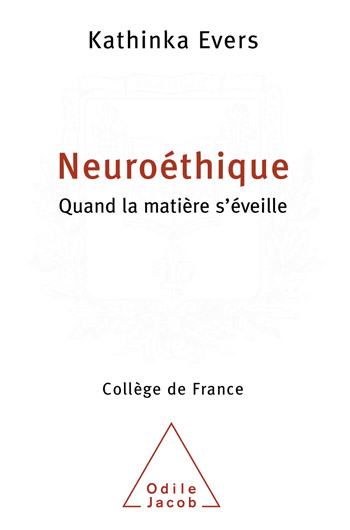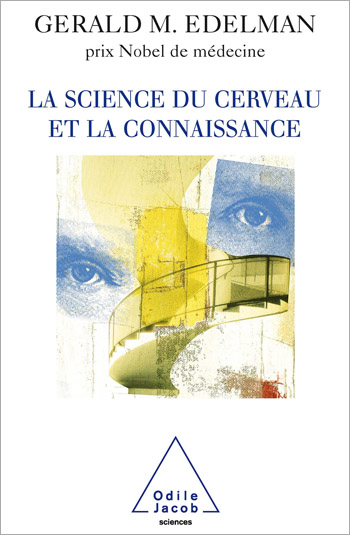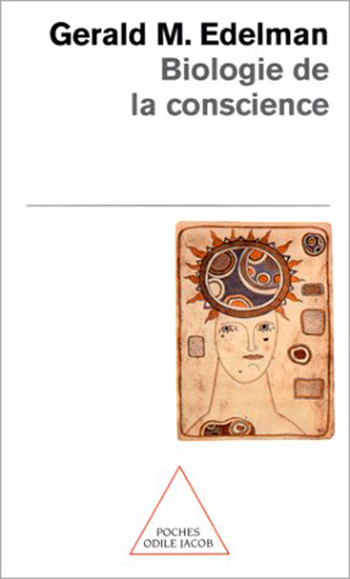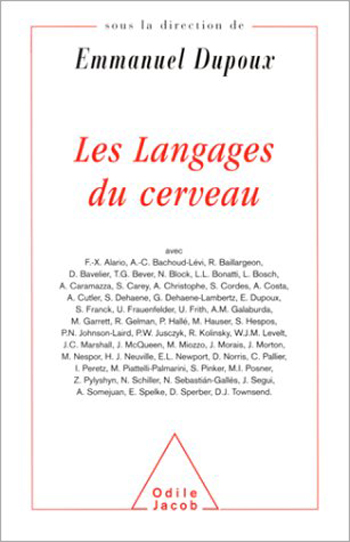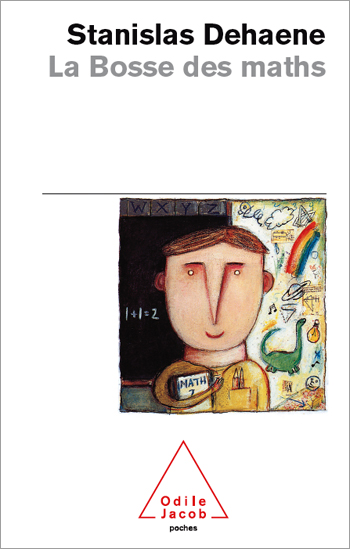Neuroscience All books
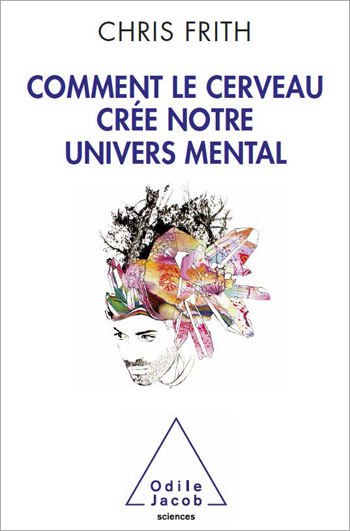
Chris Frith
How the Brain Creates Our Mental World
“…a fascinating guided tour through the elusive interface between mind and brain written by a pioneer in the field. The author’s obvious passion for the subject shines through every page.” V. S. Ramachandran
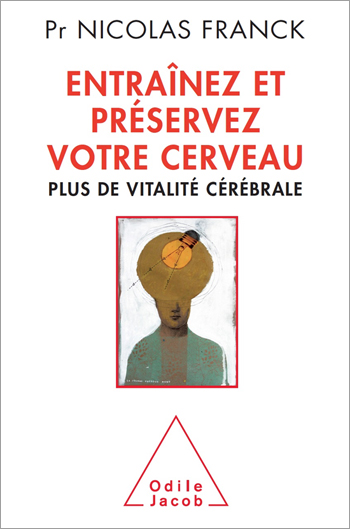
Nicolas Franck
Exercises to Maintain Your Brainpower
Practical exercises to maintain and enhance your mental capacities
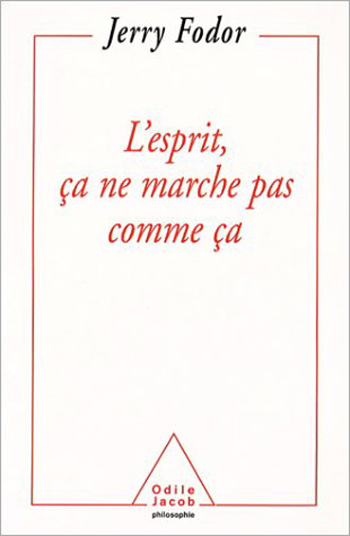
Jerry Fodor
The Mind Doesn't Work That Way The Scope and Limits of Computational Psychology
In this book, one of the most eminent figures in the field of cognition reviews his most recent views on the subject, and questions the validity of recent attempts to combine the computational theory of mind with psychological nativism and with biological principles borrowed from Darwinian evolutionary theory. Fodor goes on to examine the question that has remained unanswered for the past fifty years: is the mind a computer? This is a fascinating lesson of philosophical and scientific modesty. Jerry Fodor is a professor of philosophy at Rutgers University.
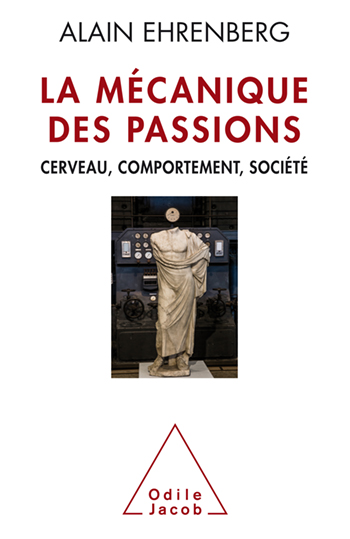
Alain Ehrenberg
The Mechanics of Passions: The New Contemporary Individualism
The book’s very stimulating thesis: the twenty-first century will be the century of the brain and the neurosciences, which are already playing the role that psychoanalysis played in the twentieth century.
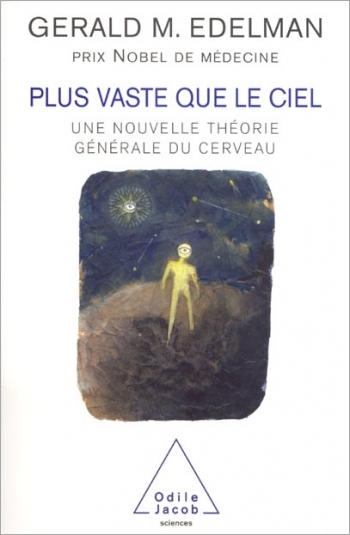
Gerald M. Edelman
Wider than the Sky
The brain is wider than the sky, For, put them side by side, The one the other will include With ease and you beside, wrote the American poet Emily Dickinson in the mid-nineteenth century. The fundamental mechanisms governing mental life are now the subject of scientific study. In this book, Gerald Edelman examines a major aspect of the mind - consciousness. How can the firing of neurons give rise to subjective sensations, thoughts and emotions? How can the disparate domains of mind and body be reconciled? A scientific explanation of consciousness must take into account the causal connections between these two domains. Such a theory must show how the neural bases of consciousness appeared during the evolutionary process and how certain animals developed consciousness. These are some of the key issues that Gerald Edelman examines here. He shows that consciousness cannot be located in a specific area of the brain, because it is a process linked to how the brain functions as a whole, to its wealth of connections and to its great complexity. The brain, he argues, is not a kind of computer. Edelman is regarded as one of the greatest theoreticians of the brain, and his notion of consciousness dominates all discussions on the subject among the international scientific community. This book offers the most accessible version of his theories that is available today. The winner of the 1972 Nobel Prize in Medicine, Gerald Edelman heads the Institute for Neurosciences, in La Jolla, California.
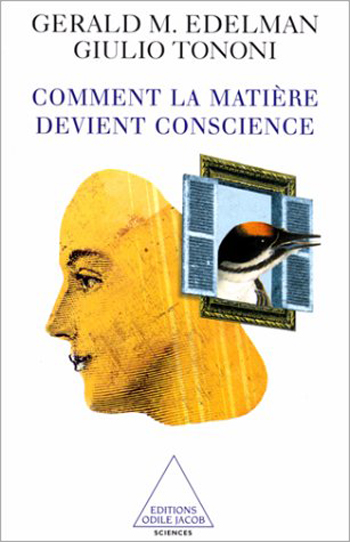
Gerald M. Edelman, Giulio Tononi
Consciousness : How Matter Becomes Imagination
How do the physical occurrences which take place in our brains create the world of conscious experience ? Philosophers have long disputed this question but today, it is science which is in a position to formulate real answers. Gerald M.Edelman and Giulio Tononi demonstrate that the processes which lead to consciousness are not confined to the brain, but are actually dependant on the functioning of numerous areas. They also show that these interactions are not fixed processes, but are constantly adjusted and modified. This research represents one step further towards understanding our identity and our complexity. Gerald M.Edelman, who has received the Nobel Prize for medicine, heads the Institute of Neurosciences at La Jolla in California. Giulio Tononi is a researcher at the Institute of Neurosciences.
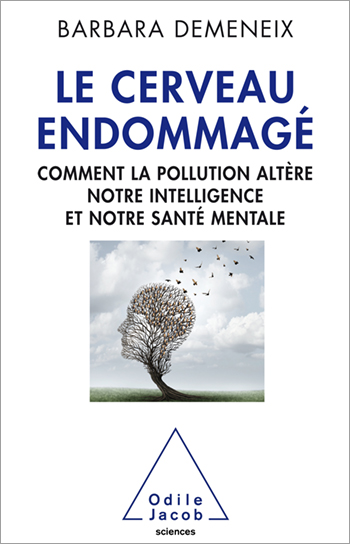
Barbara Demeneix
Losing Our Minds How Environmental Pollution Impairs Human Intelligence and Mental Health
The global prevalence of neurodevelopmental disorders is accelerating. Numbers of children affected.

Barbara Demeneix
Toxic Cocktails How Endocrine Disrupters Are Poisoning Our Brains
Written for the general reader, the book is startling as it reveals the scandalous damage to our brains being caused by chemical pollution. Concrete measures, scientifically proven, to put an end to the tragic mistakes that have been committed in Western countries for over fifty years.

Stanislas Dehaene
A Good Head for Maths
Did you know that babies can count? And did you know that some animals can do simple arithmetic? Whether we possess astounding mathematical talents or the most basic of counting skills, we are all born with numerical intuition. In this book, the author describes some amazing scientific experiments that demonstrate the mental foundations of numerical intuition. If you want to know why you cant remember how much 7 x 8 makes, or how a cerebral lesion can make you forget 3 - 1, or if you want to figure out the fifth root of 759,375, just follow the author in a series of tortuous mental calculations and you dont even have to be a mathematical wizard. Stanislas Dehaene is a senior research fellow at Inserm and works at the Laboratory of cognitive sciences and of psycholinguistics at the École des Hautes Études en Sciences Sociales.
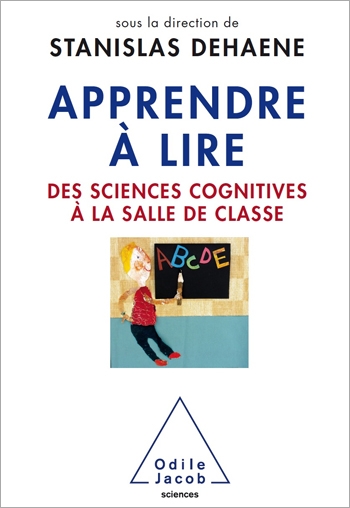
Stanislas Dehaene
Learning to Read A New Approach Based on the Neurosciences
A new method to teach reading skills, based on recent research in the neurosciences, for the use of parents and teachers.
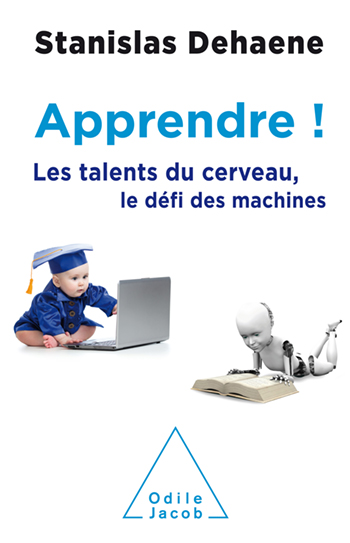
Stanislas Dehaene
Learn
A clear and precise explanation of the essential mechanisms that make our brain the most efficient tool for learning that we know of today...

